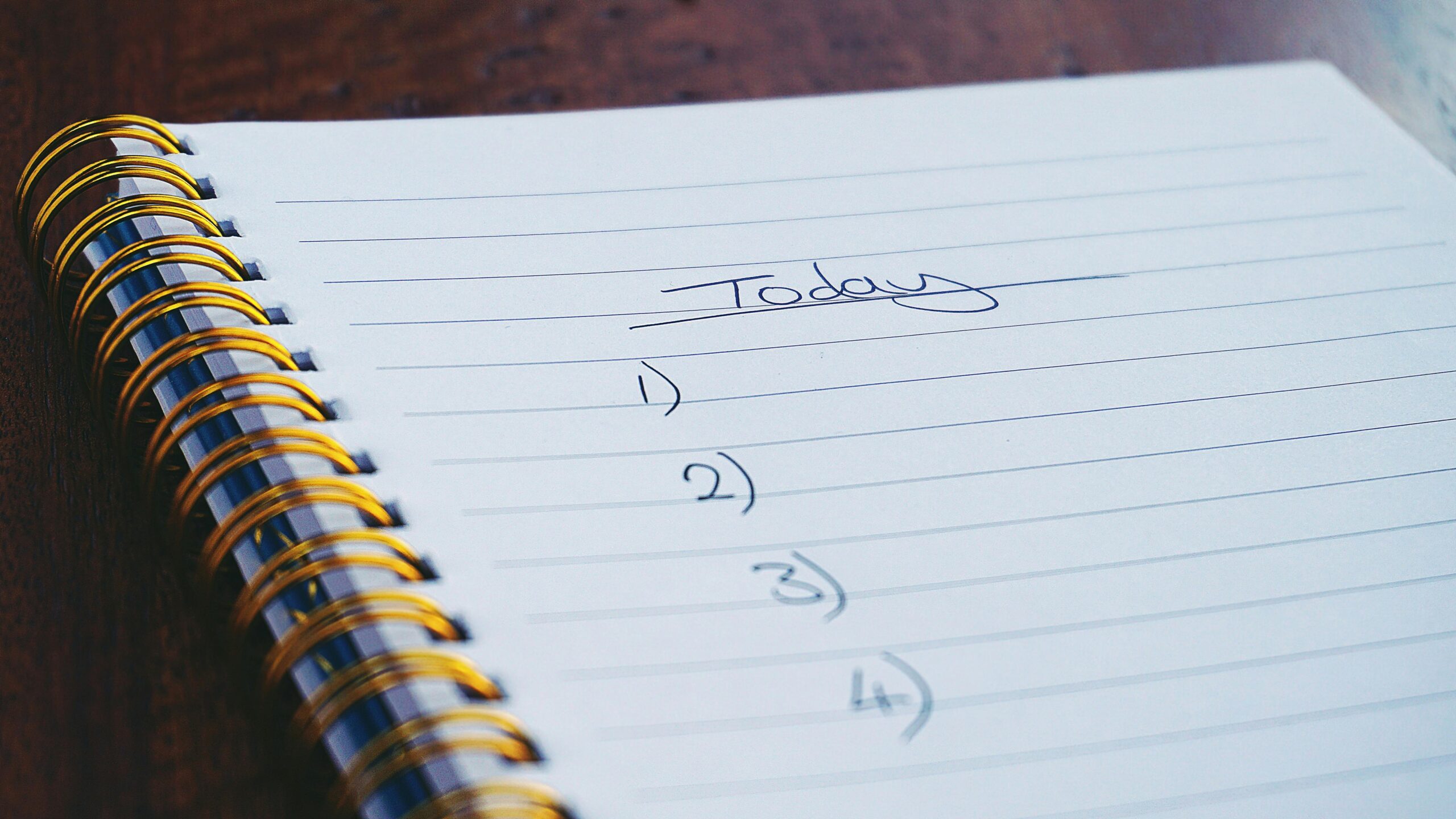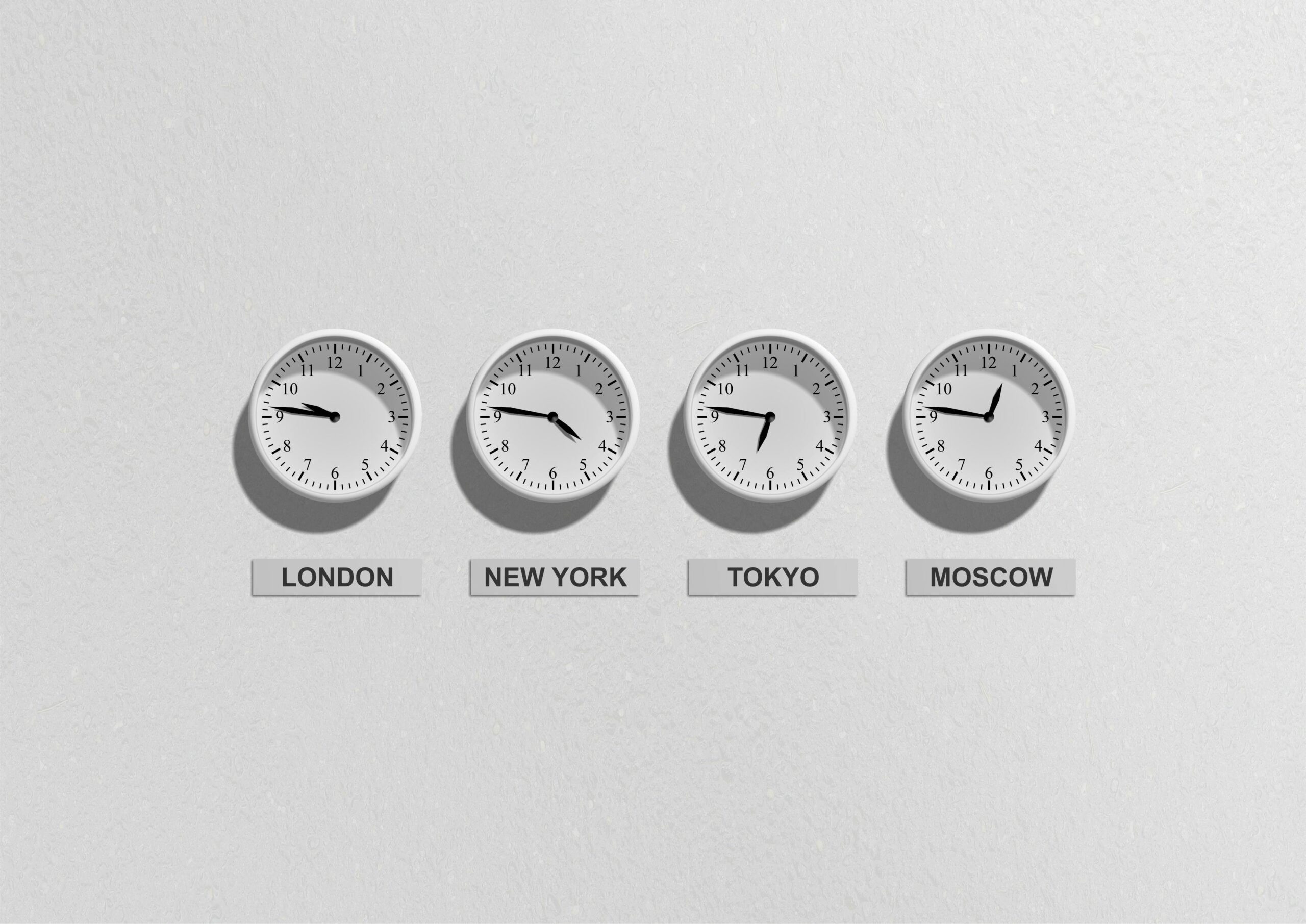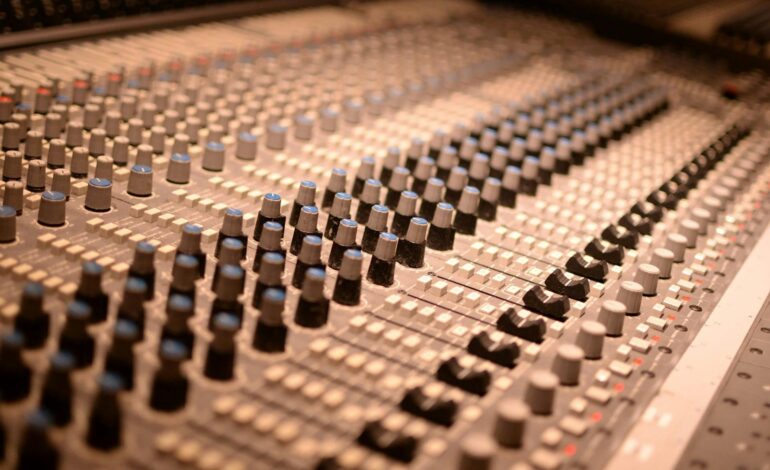How to get the most out of your next session!
Introduction
You booked some Studio time on Engineears!
Check out these 10 essential tips to prep you for your upcoming studio session and maximize your productivity!
A well-planned studio session can be the difference between a good track and a great one. In the world of music production, preparation and strategy are as important as talent. Here are 10 essential tips to ensure your studio sessions are not just productive, but also creatively fulfilling.
Tip 1: Pre-Session Preparation
Plan and Rehearse: Before entering the studio, know your material inside and out. Rehearse thoroughly to minimize time spent correcting basic mistakes. Musician’s Way suggests rehearsal techniques that can enhance your studio readiness.
Tip 2: Equipment Checklist

Essential Gear and Backups: Always have a checklist for essential gear. Include backups for critical equipment to avoid session disruptions. Sound on Sound offers a comprehensive checklist for studio sessions.
Tip 3: Setting Realistic Goals
Achievable Targets: Set clear, achievable goals for each session. This could be tracking a certain number of songs or completing specific mixes. It is good practice to have a whiteboard or checklist showing an overview of tasks that need to be completed for each record you are working on. Audio Issues emphasizes the importance of goal-setting in studio environments.
Tip 4: Understanding Acoustics
Basic Acoustics Knowledge: A basic understanding of acoustics can greatly impact the recording quality. For example, as an artist, knowing how close or far to stand away from a microphone to produce the best quality vocal performance is crucial. Resources on Acoustic Fields provide valuable insights into studio acoustics.
Tip 5: Effective Communication
Working with Studio Staff and Engineers: Clear communication with your engineer and studio staff is crucial. Discuss your vision and be open to suggestions. Tape Op Magazine has interviews with engineers that shed light on effective communication in a studio environment.
Tip 6: Time Management

Maximizing Session Time: Be punctual and have a clear plan for your session. This includes knowing what you want to record and in what order. Session times are usually hard in and hard out times, meaning if you arrive late to your session you have lost that time to work, so make sure you arrive on-time to ensure you are maximizing productivity within your sessions. Pro Sound Web offers time management tips for studio sessions.
Tip 7: Taking Breaks
Importance of Rest: Regular breaks during a session can keep your ears fresh and maintain creativity. Don’t fight the song, if you are stuck at any moment during the process of creating a record, take a step back and rest, come back with a fresh approach and finish the record. The Berklee Online Blog discusses the benefits of taking breaks during recording sessions.
Tip 8: Backup and Data Management
Data Safety: Always backup your recordings. Whether it’s cloud storage or external hard drives, ensure you have multiple copies. Do not expect the studio or the engineer to keep the files for you until you need them. Most studios and engineers are dealing with multiple clients daily and cannot be expected to maintain data management. Take matters into your own hands and make sure you always have the most updated files for your record. Ask.Audio provides practical advice on data management for musicians.
Tip 9: Post-Session Review
Evaluating Session Outcomes: After the session, review what was accomplished and what could be improved. Platforms like Landr Blog offer post-session evaluation tips.
Tip 10: Networking and Relationship Building
Long-term Benefits: Building a good rapport with studio personnel can lead to future opportunities. Music Business Worldwide talks about the importance of networking in the music industry.
Conclusion
Every studio session is an opportunity to bring your musical vision to life. With these tips, you can maximize your time, resources, and creativity.
Remember, a successful session is more than just recording – it’s about creating an environment where creativity thrives!
Link Suggestions for the Blog Post:
- Link to Musician’s Way for rehearsal techniques.
- Include a hyperlink to Sound on Sound for their equipment checklist.
- Reference Audio Issues for goal-setting strategies.
- Connect to Acoustic Fields for acoustics knowledge.
- Cite interviews from Tape Op Magazine for insights into studio communication.
- Refer to Pro Sound Web for time management in studios.
- Add a link to the Berklee Online Blog for advice on breaks.
- Reference Ask.Audio for tips on data backup.
- Hyperlink to Landr Blog for post-session evaluations.
- Include Music Business Worldwide for networking insights.
